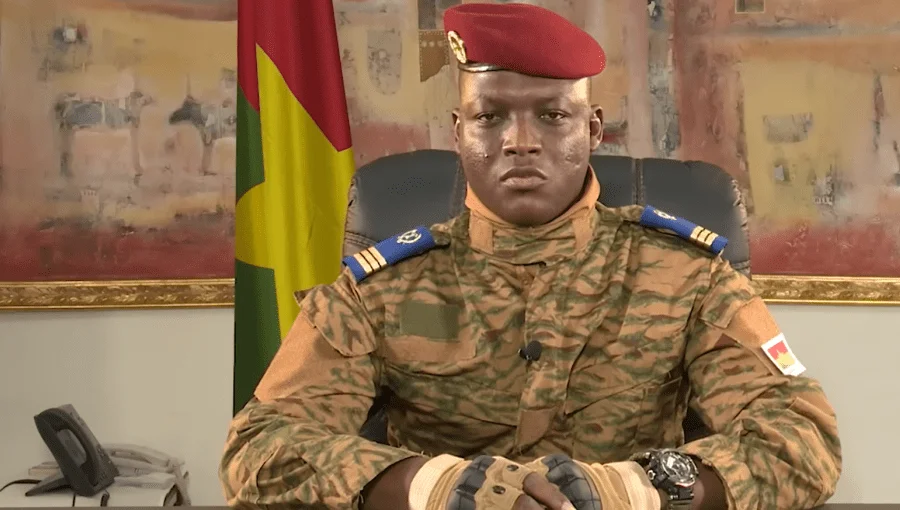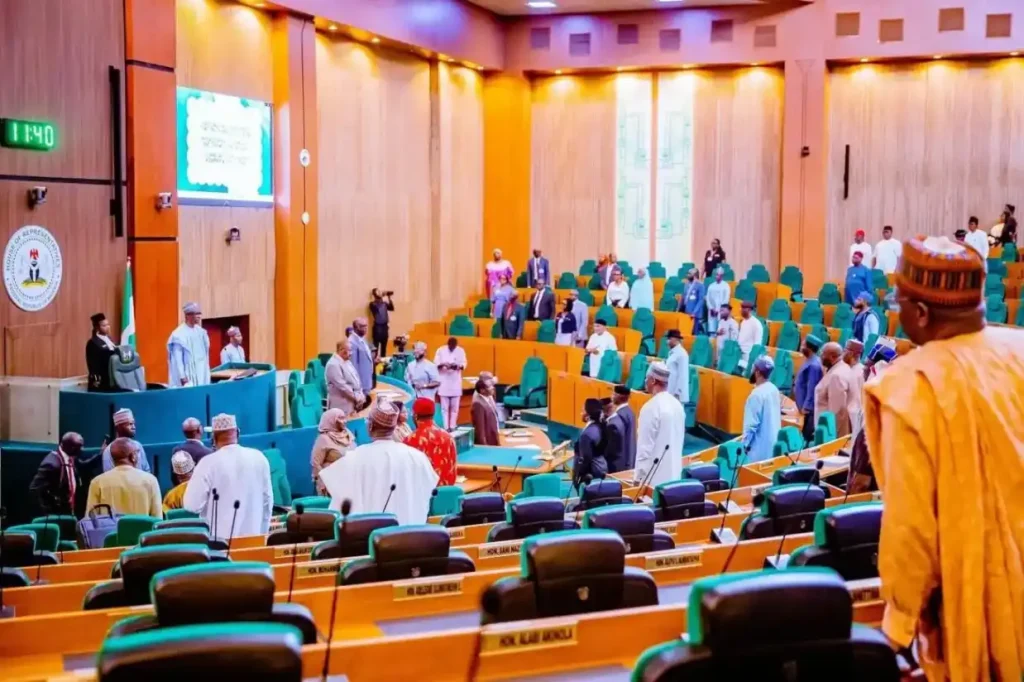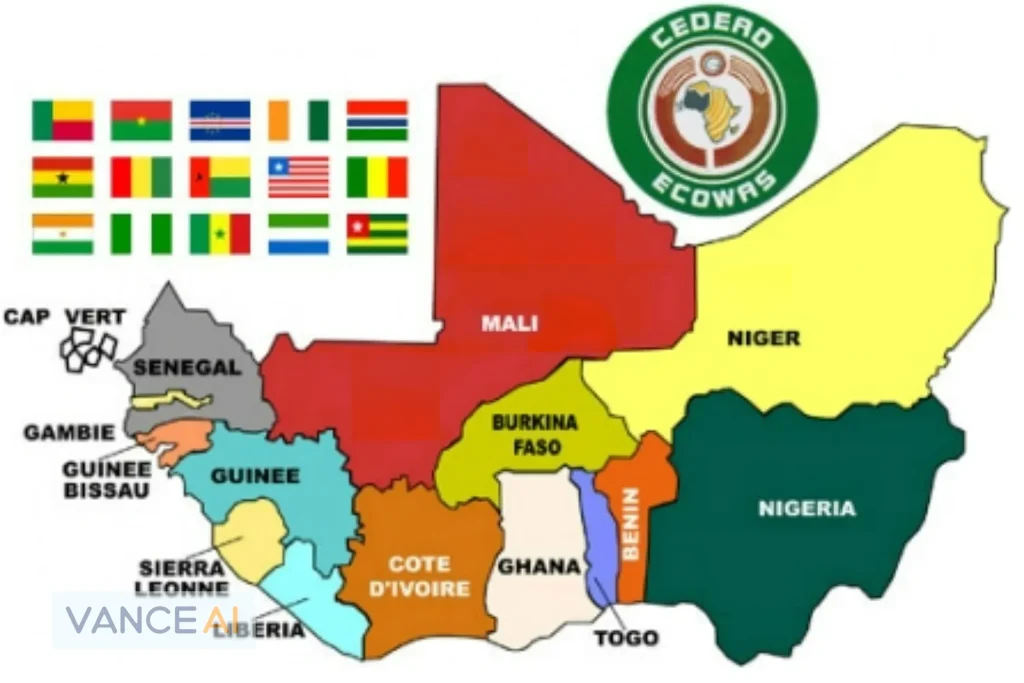On Wednesday, Burkina Faso’s government approved a bill to revise the Constitution, officially recognizing national languages as the country’s new official languages, replacing French, which will now be classified as a “working language.”
According to the report from the Council of Ministers, this bill is part of the transition government’s goal to introduce political, administrative, and institutional reforms that will strengthen democracy and solidify the rule of law.
One of the key changes in this bill is the shift from French to national languages as the official languages. French, which was previously the main language of administration, will now serve as a working language.
Earlier this year, Mali, also governed by the military and facing strained relations with France, made a similar change to its Constitution, removing French as an official language through a referendum.
Before it can become law, the bill still needs to be approved by the Transitional Legislative Assembly. It also includes the creation of traditional and alternative ways to resolve disputes.
The Constitutional Council will see its responsibilities expand under this bill, while other institutions like the High Court of Justice, which handles cases involving top political figures, and the Mediator of Faso, will be dissolved.
Additionally, the National Intelligence Agency (ANR) will have its role strengthened by being officially protected under the Constitution.
In recent months, there have been numerous public demonstrations in favor of adopting a new Constitution. Captain Ibrahim Traoré, who took power in September 2022, promised a partial revision of the Constitution two months ago.
Prime Minister Apollinaire Joachimson Kyelem of Tambela emphasized the importance of this change, saying, “Writing a new Constitution is a matter of political, economic, and cultural sovereignty.
No one can truly thrive using the ideas of others,” referring to the country’s past reliance on concepts inspired by the French Constitution.
Since Captain Traoré’s rise to power, Burkina Faso has distanced itself from France, its former colonial ruler, and has drawn closer to Russia.
Since 2015, Burkina Faso has been involved in a cycle of violence from jihadist groups that have also targeted neighboring Mali and Niger, resulting in over 17,000 deaths
The ongoing violence in Burkina Faso has severely affected the country, with thousands of people displaced and communities devastated by attacks.
Jihadist groups linked to Al Qaeda and the Islamic State have been responsible for much of the bloodshed, creating an atmosphere of fear and instability. This situation has made it difficult for the government to maintain control and provide security for its citizens.
Captain Ibrahim Traoré’s government, which came to power through a military coup, has been under pressure to address the security crisis while also pushing forward with political and constitutional reforms.
The shift away from France and closer ties to Moscow signal a significant change in Burkina Faso’s foreign policy, as it seeks new allies in its fight against terrorism and its efforts to rebuild the nation.
The constitutional reforms, particularly the adoption of national languages as official languages, are seen as an effort to strengthen national identity and reduce the country’s dependency on its colonial past.
Supporters of the reforms argue that recognizing indigenous languages will empower local communities and make the government more accessible to its people.
However, there are also concerns about how these changes will be implemented, especially in a country still struggling with violence and political uncertainty.
Critics fear that the focus on language and constitutional reforms might not be enough to solve the pressing issues of security, poverty, and governance that Burkina Faso faces.
As the country awaits the final vote on the bill by the Transitional Legislative Assembly, many are hoping that these changes will bring about the stability and progress that Burkina Faso desperately needs.
The world will be watching to see how this shift in national policy, along with the ongoing fight against extremism, will shape the future of the nation























